It’s Your Brain: Are You Protecting It?
Posted on June 23, 2009 by Debra Burdick
Protecting your brain is an extremely important component of optimum brain fitness. Damage can occur in a variety of ways including obvious ones like accidents and illness. But be wary of those cleaning products and even cosmetics that we expose ourselves and our children to on a routine basis. Just think how your bathroom smells after a shower or a cleaning. Many of those fragrances and chemicals act as neurotoxins to our brain. One author calls this ‘chemical brain injury’.
Do WHATEVER YOU CAN TO AVOID the following threats to your brain.
– Physical trauma. This occurs when you hit your head. Usually we don’t consider a hit on the head as that big a deal. But the brain is floating inside the skull. When you hit your head your brain smashes up against the other side of the skull and then bounces back and hits the same side as the original hit occurred. We typically discount it unless there was evidence of a concussion. And even then, not much is done to treat the injury. My work with Neurofeedback where we look at and correct the electrical function of the brain has taught me that even a seemingly minor hit on the head can effect how the brain functions for many years.
Therefore, ALWAYS WEAR A HELMET when you or your child is biking, skiing, skateboarding, or four wheeling. Protect your head from accidental head injury. I know a man whose front fork of his bicycle broke as he was flying down a hill. He fell on the front part of his head and his face. His face was covered with road burn and subsequent stitches, scabs, and scars. Thankfully he was wearing a helmet which took the brunt of the impact to his head. He didn’t even have a headache. The helmet cracked, but without it, his skull would probably have been fractured.
ALWAYS wear a SEAT BELT when driving or riding in a car. One of my clients was in a car accident. He was not wearing a seat belt and suffered a traumatic brain injury that left him in a coma for four months. Eventually he awoke but had numerous severe deficits due to the brain injury. He will suffer the effects of this injury for the rest of his life and probably never be able to hold a job or support himself. The seat belt might have prevented this.
– Emotional trauma and STRESS. Chronic emotional trauma and stress can damage the brain over time. Chronic stress impacts our concentration, cognitive function and memory, mood, and sleep. Therefore it is extremely important to learn and use stress management skills, and to learn to regulate our emotional response to stress. Make sure you give this a priority.
– Toxic Exposure. Toxic exposure may not be what you think. Yes, there are obvious toxic exposures such as industrial chemical spills and such. But a significant source of toxic exposures may include many medications, caffeine, alcohol, pesticides, environmental toxins, cleaning chemicals, and cosmetics. Thin out the number of cleaning chemicals you use in your home and use natural, non-toxic alternatives. Limit the use of products with fragrances which can often act as neurotoxins. Eat organic foods to limit exposure to pesticides and other toxins present in non-organic foods. You get the idea.
– Sleep deprivation. Sleep deprivation is often considered to be present when a person regularly gets less than 7 hours per night for most people. This varies from person to person. One study showed that people who regularly get 6 hours per night function as poorly as those who have been awake for 24 hours in a row.
Think about how much sleep you get on a consistent basis. Too little sleep impairs memory, concentration, and learning. It also increases irritability and anxiety. It slows the brain down and the Electroencephalograph (EEG) actually shows more sleep brainwaves (delta) in the awake brain of a person with less sleep.
Please protect your brain. You will be glad you did.
I would love to hear your personal experiences with this topic.
Categories: Anxiety, Articles, Chronic Illness, Neurofeedback, Sleep, Traumatic Brain Injury

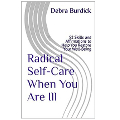
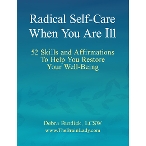
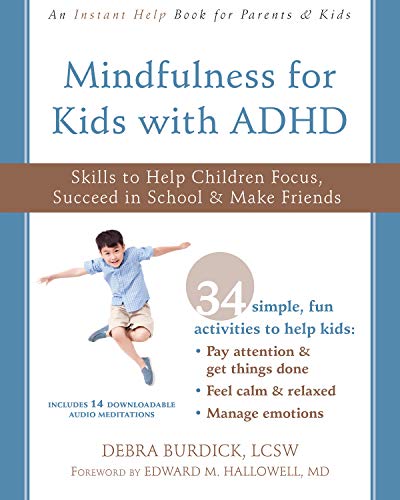
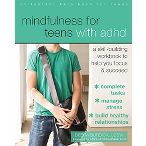
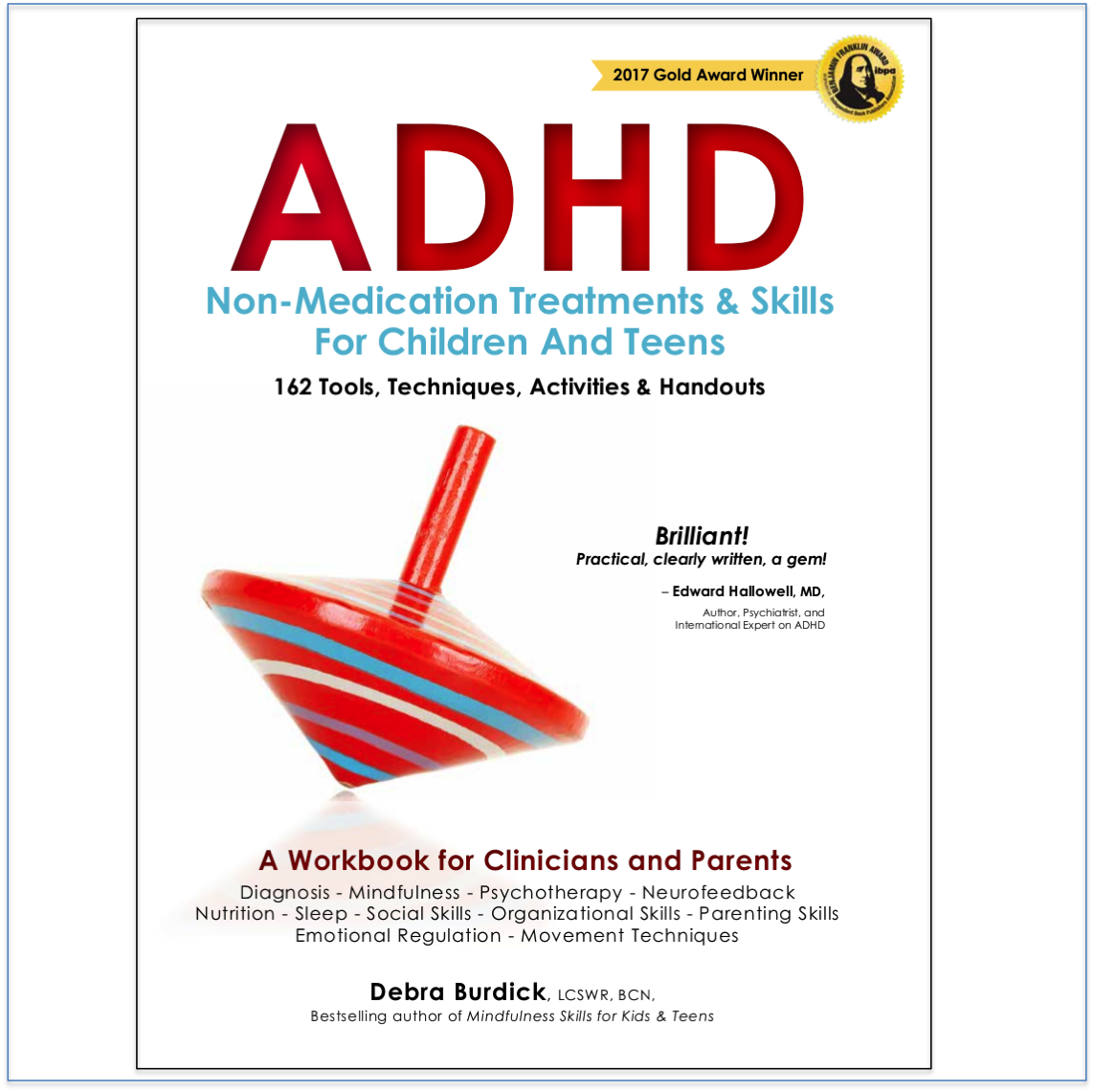
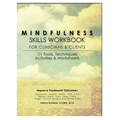
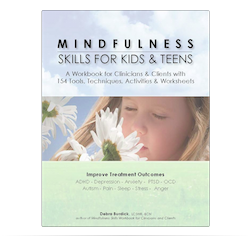
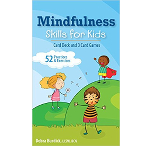
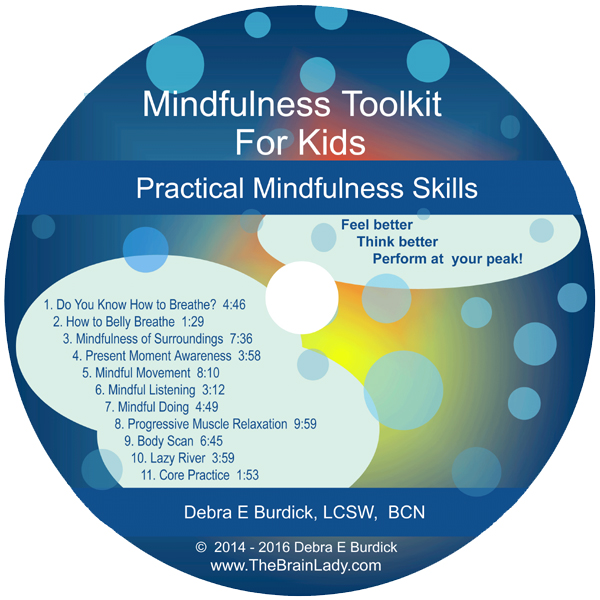
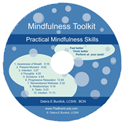
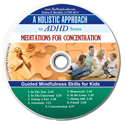
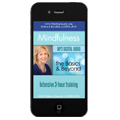
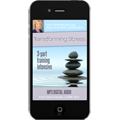
No comments yet. You should be kind and add one!
The comments are closed.